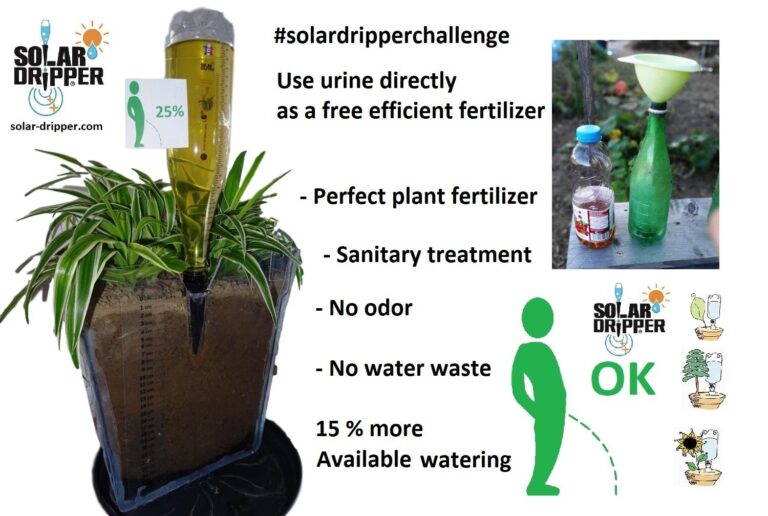Introduction to Food Security Challenges
Burkina Faso, like many countries in West Africa, faces significant challenges in food security. The nation has been grappling with issues such as climate change, poor soil quality, and over-dependence on rain-fed agriculture. Innovative approaches are urgently needed to address these compounding factors.
The Role of Organic Fertilizers
Organic fertilizers can dramatically improve crop yields while being environmentally sustainable. Traditional fertilizers often come with a hefty price tag and can be harmful to the soil. Urine, being a natural byproduct, offers a cost-effective solution for farmers.
Understanding Urine Fertilizer
Urine is rich in essential nutrients such as nitrogen, phosphorus, and potassium that are crucial for plant growth. This makes it an ideal organic fertilizer that can be efficiently used in agricultural practices. Farmers in Burkina Faso are starting to recognize this potential.
Implementation in Burkina Faso
Several programs have been initiated in Burkina Faso to promote the use of urine as fertilizer. These initiatives often involve training sessions where farmers learn about the benefits and methods of utilizing urine in their fields. Through education, the adoption of urine fertilizer is gaining momentum.
Impact on Food Security
The use of urine fertilizer has been shown to increase agricultural productivity significantly. By enhancing soil quality, farmers are able to grow more food while reducing their reliance on costly chemical fertilizers. This not only helps in improving food security but also promotes environmental sustainability.
Local and Global Implications
The success of urine fertilizer practices in Burkina Faso has the potential to inspire similar initiatives globally. The model offers a sustainable alternative that could be replicated in other countries facing similar agricultural challenges. As communities adopt these practices, global food security can be enhanced.
Conclusion
Urine fertilizer represents a promising solution to the food security crisis in Burkina Faso. By leveraging local resources, farmers can improve their crop yields and contribute to a more sustainable future. For more insights into this innovative approach, visit this link.

